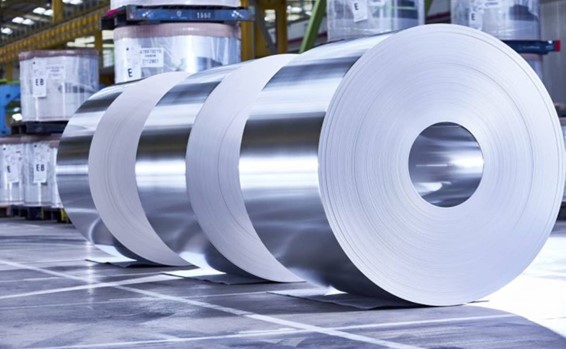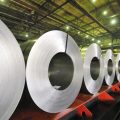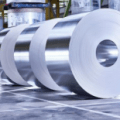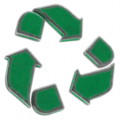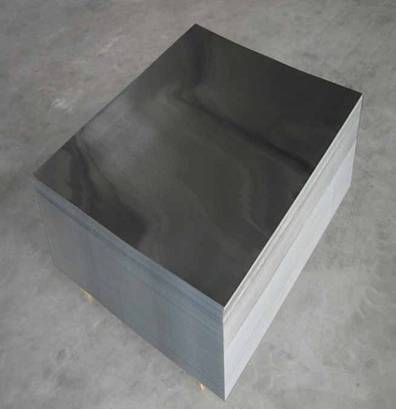ThyssenKrupp Rasselstein has welcomed the decision of the EU Commission to temporarily approve the use of chromium trioxide for the production of rasselstein container steel.
Peter Biele, managing director of the German packaging steel manufacturer has welcomed the announcement, stating his intention to actively support the switch to chrome-free alternative products “and with the chrome-free Rasselstein CFPA passivation, we now have a product ready for series production in our portfolio”.
However, he adds that “for risk management reasons, we ensure the continued use of chromium trioxide until the replacement of the previous products with our newly developed chromium-free alternatives has been fully achieved together with our supply chain partners. This gives our customers the necessary time to implement the chromium-free products in the market.
Following the publication in the Official Journal of the EU on 21/10/2020, ThyssenKrupp products are subject to the following new review periods for the use of chromium trioxide, including approval for the treatment and coating of tinplate until 2027 and approval for special chromium-coated container steels (TFS / ECCS) until December 2028.
In addition, one of the completely chrome-free alternative products now available from ThyssenKrupp is Rasselstein CFPA, an innovative titanium-based passivation for tinplate. According to the company, this product has among its advantages the same functionality as chromium-based passivations, which had been used previously.
CFPA was developed by the European steel packaging manufacturers organised in the APEAL association. The material complies with EU and FDA regulations without limitation and is approved for contact with foodstuffs.
ThyssenKrupp also has an alternative to chrome for chrome-coated special materials currently under development. It is based on a new coating technology called Trivalent Chromium Coating Technology (TCCT).
According to the firm, the final product today has the same structure as it complies with the requirements of the EU regulation, REACH. The technology is based on a patent from Tata Steel Ijmuiden BV for which ThyssenKrupp has acquired a license.

